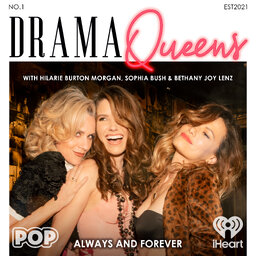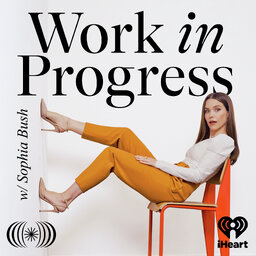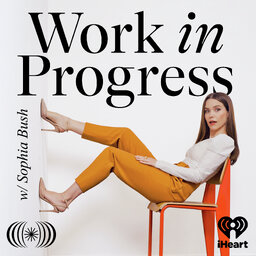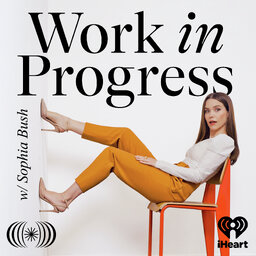Work in Progress: Karen Pittman & Claire Babineaux-Fontenot
The Holidays are here, a time of joyous celebrations, delicious foods, and gift-giving. However, for millions of Americans, it's a time of stress and worry about where their next meal will come from. Food insecurity is not just a holiday issue but a year-round crisis, and Feeding America is tirelessly working to end hunger one meal at a time.
Claire Babineaux-Fontenot, CEO of Feeding America, and award-winning actress and advocate Karen Pittman join Sophia for an emotional and revealing chat about the country's hunger crisis and how Feeding America is working to combat it. Karen also opens up about her own experiences with food insecurity over a decade ago as a single mom, the shame and fear she felt, how the experience shaped her perspective and activism, and the joy and healing energy from volunteering and making a difference.
Ready to make a difference? You can donate, volunteer, or learn more about Feeding America's mission at feedingamerica.org.
 Work in Progress with Sophia Bush
Work in Progress with Sophia Bush



